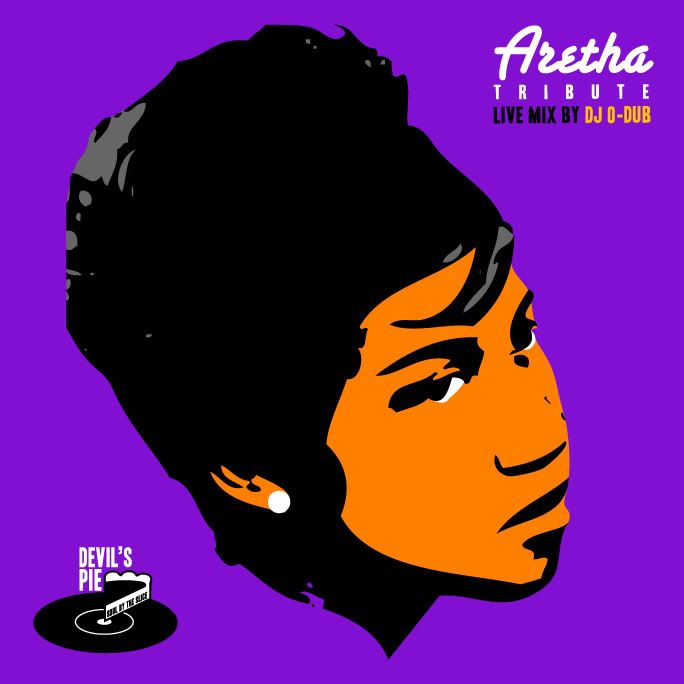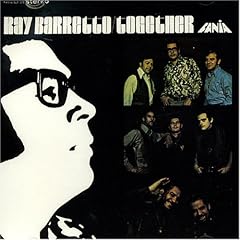RIP ROC RAIDA
posted by Eric Luecking
Sad news today confirming that legendary turntablist Roc Raida of the X-Ecutioners passed away this weekend. According to a statement from his family, he was was recently involved in a mixed martial arts accident.
The statement reads:
“Anthony Williams p/k to the world as The Legendary Grandmaster Roc Raida has passed away unexpectedly today September 19 2009. He is survived by his wife, three lovely daughters, mother and friends. Raida was recently in an mixed martial arts accident, something that he has been practicing for several years. Although he had under gone two surgeries with great success, was released to an inpatient physical therapy facility and was in great spirits the past few days. This morning he started to have complications and passed. The family asks for privacy at this time.”



















 The Penguins:
The Penguins: 







